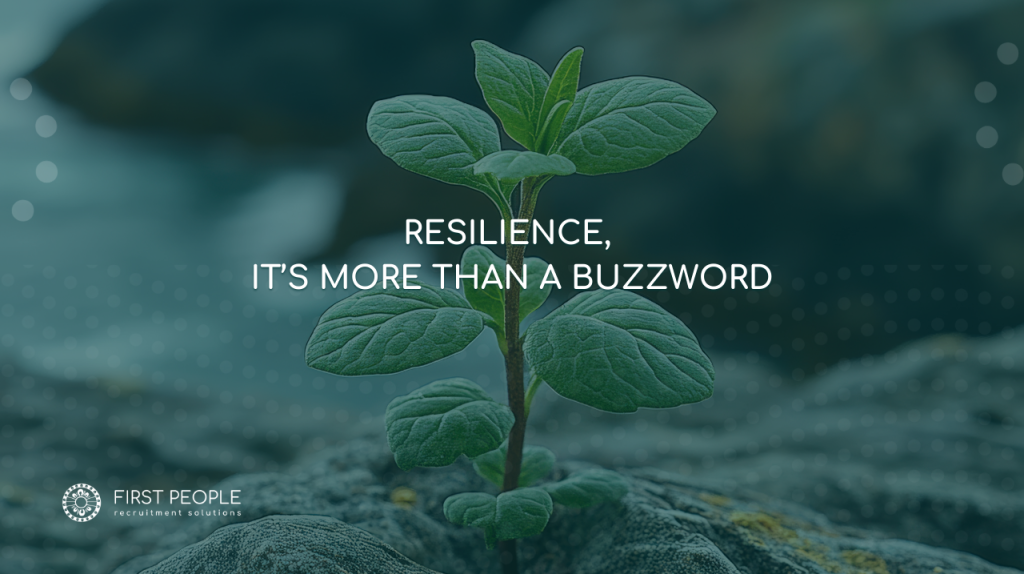Applying for jobs can feel overwhelming. With so many candidates competing for the same opportunities, how do you make sure your application stands out? The key is to be authentic, memorable, and effective—qualities that help employers see not just your skills, but the real value you bring.
Here are some practical steps to craft applications that get noticed for all the right reasons.
1. Lead with Authenticity
Employers can spot generic applications a mile away. Instead of using broad statements, share specific examples that reflect your unique skills, experiences, and values.
- Be clear about why you want the role and how it connects to your personal goals.
- Highlight experiences that show who you are—not just what you’ve done.
- Where possible, include achievements that link back to your community, culture, or passions.
✨ Tip: If you’re applying for a role supporting First Nations communities, speak to your lived experience or understanding—this makes your application both authentic and meaningful.
2. Make It Memorable
Recruiters read dozens (sometimes hundreds) of applications. To stand out:
- Use strong, active language (“led,” “developed,” “improved”) instead of passive words.
- Share results that are measurable: “reduced costs by 20%” or “increased participation by 15%.”
- Show personality where appropriate—professional doesn’t mean bland.
✨ Tip: Tell a short story in your cover letter using the STAR method (Situation, Task, Action, Result). A well-chosen example makes you far more memorable than a list of duties.
3. Stay Effective and Clear
A great application isn’t just inspiring—it’s also practical and easy to follow.
- Address the selection criteria directly. Use headings so your answers are easy to navigate.
- Keep your writing clear and concise—avoid jargon or unnecessary detail.
- Proofread carefully. Spelling and grammar mistakes distract from your message.
- Follow instructions closely: if the application asks for a 2-page response, don’t submit 5.
✨ Tip: Draft your responses, then edit them down. Strong applications are usually shorter, sharper, and more focused.
4. Balance Confidence with Honesty
It’s tempting to exaggerate skills when you want a role, but honesty is always more powerful. Highlight what you can do, be upfront about what you’re still learning, and show your willingness to grow. Employers value integrity—and they’ll remember your confidence without overstatement.
5. Connect Your Story to Their Mission
Every application should answer one key question: Why you, and why this role?
- Research the organisation’s values, goals, and recent projects.
- Show how your background, skills, and aspirations connect with their mission.
- Make it clear that you’re not just looking for a job—you’re looking for the right fit where you can contribute and grow.
Final Thought
Writing an application isn’t about ticking boxes—it’s about telling your story in a way that’s authentic, memorable, and effective. When you combine honesty with strategy, you give employers a clear picture of your skills, your passion, and the unique strengths you’ll bring to their team.
✨ Remember: Your application is your chance to be heard—make every word count.



